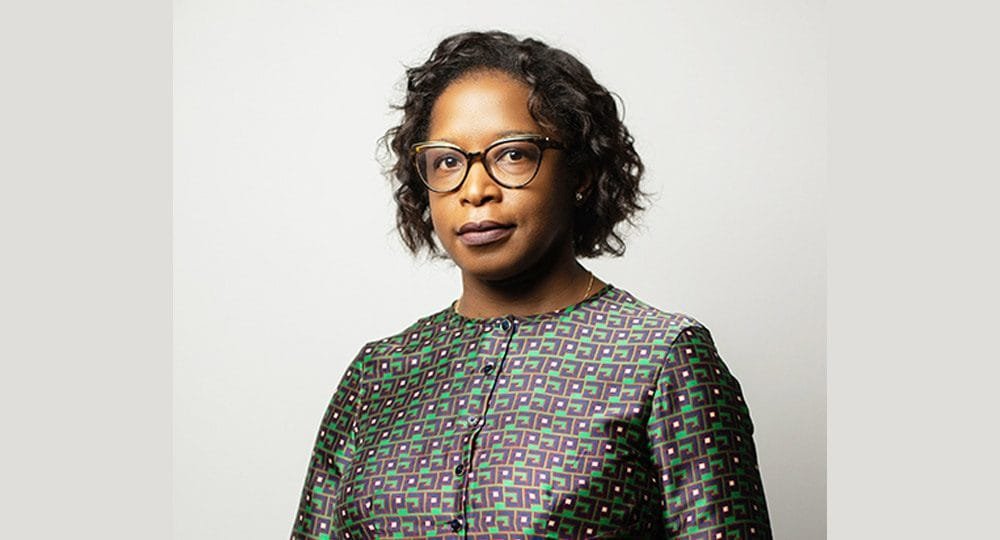Currently, only 7.8 million Mozambicans, out of an estimated population of 33 million, have access to the internet, a reality that the Minister of Transport and Communications, Mateus Magala, considers unacceptable. For him, digital transformation must be inclusive and accessible. “It makes no sense that, in the 21st century, the majority of our population is still disconnected from the digital world. This transformation is not for the elite, but for all Mozambicans,” said the minister.
The project will be structured around two main pillars. The first is the development of a Digital Government, which will enable the population to access public services such as tax payments and e-commerce through digital platforms. The second pillar is digital inclusion, with a focus on expanding connectivity and removing bureaucratic and economic barriers that hinder the implementation of digital solutions in the country.

Despite the ambitious goals, the project faces significant challenges, such as the lack of coordination between institutions and inaccessible business models. According to Magala, another major challenge will be balancing privacy and transparency in data management and ensuring cybersecurity. Digital transformation is not just about providing internet access, but building a solid foundation for a sustainable technological future.
Data presented by the Chairperson of the INCM Board, Helena Fernando, highlights the urgent need for more effective actions. In September of this year, about 21 million devices were using the country’s telecommunications networks, but only one-third of them accessed the internet. This reflects disparities in access and underscores the importance of comprehensive solutions to achieve digital democratization.
The Communications Regulatory Authority (ARCOM) will play a strategic role in this process, addressing digitization as a crucial factor for the country’s economic and social development. Helena Fernando emphasized that digital transformation in Mozambique is not just a necessity, but an opportunity to promote social inclusion and boost the economy.

The government is inviting the private sector, energy and trade companies, academics, and other stakeholders to collaborate in this collective effort. Mateus Magala emphasized that only with the active participation of all sectors will it be possible to overcome challenges and transform Mozambique into an example of innovation and connectivity on the African continent.
With this investment, the Executive intends not only to expand internet access but also to develop digital skills and promote cybersecurity. The goal is to create an environment where every Mozambican citizen has the opportunity to actively participate in the new digital economy, fostering inclusion and sustainable development.
By building a robust and inclusive infrastructure, Mozambique is preparing to face the challenges of the digital era and ensure that connectivity becomes a catalyst for economic and social progress. This project is more than just a goal; it is a commitment to the country’s future.




